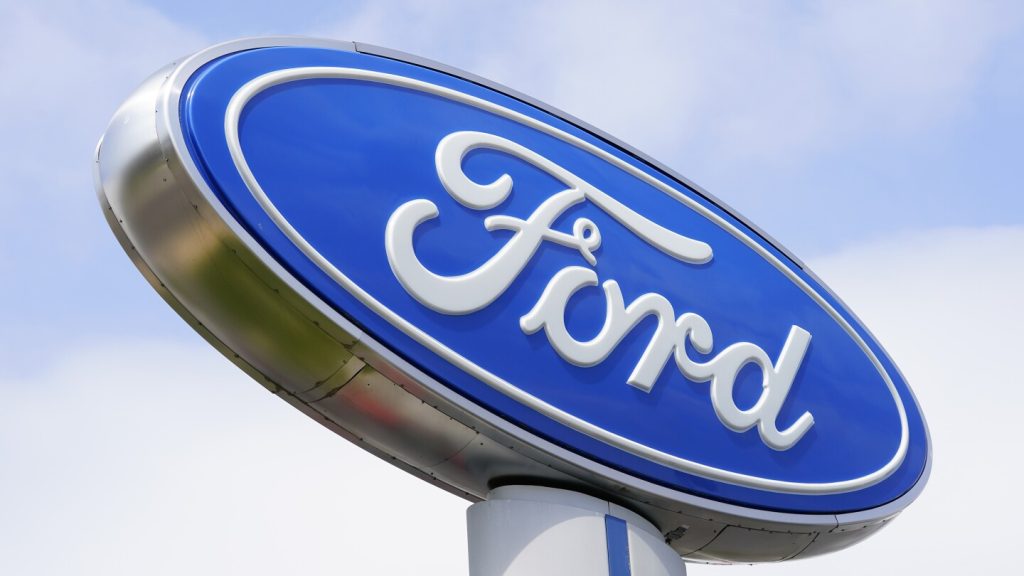Ford is recalling nearly 43,000 small SUVs due to a risk of gasoline leaking from the fuel injectors onto hot engine surfaces, increasing the possibility of fires. The recall includes certain Bronco Sport SUVs and Escape SUVs from the 2022 and 2023 model years with 1.5-liter engines. Although the recall remedy does not involve repairing the fuel leaks, dealers will install a tube to guide gasoline away from hot surfaces to the ground. Additionally, engine control software will be updated to detect pressure drops in the fuel injection system, disabling the high pressure fuel pump and reducing engine power in case of an issue.
The recall is in response to reports of under-hood fires and warranty replacements of fuel injectors, although Ford has stated that no crashes or injuries have been reported. The company is not replacing fuel injectors, as it believes the recall repairs will prevent the issue and protect customers. The new software will trigger a dashboard warning light to alert drivers to the problem and allow them to safely stop the vehicle and arrange for service. Ford will also extend warranty coverage for cracked fuel injectors, offering replacements to affected owners. The company has already tested the repair on vehicles involved in a previous recall and is not aware of any problems.
Some critics, such as Michael Brooks of the Center for Auto Safety, have labeled Ford’s recall remedy as a “Band-aid type recall” that aims to avoid the cost of repairing the fuel injectors. Brooks expressed concern about the 1% failure rate and the potential risks even with the implemented repairs, suggesting that drivers may still be at risk of crashes. He called for NHTSA to play a more proactive role in ensuring that recalls address the root causes of vehicle problems rather than implementing less-costly fixes. NHTSA has stated that it will closely monitor the performance of the recalls using field data and advised owners with questions to contact their dealership or Ford.
Ford has emphasized that the recall is an extension of a previous 2022 recall for the same issue and that repairs are already available, with details of the extended warranty to be released in June. The company clarified that there is no evidence to suggest that the fires occur only when vehicles are parked with the engines off, thus not recommending that the SUVs be parked solely outdoors. Critics have called for potential changes in laws to allow NHTSA to require more thorough recall fixes, as the agency’s current approach has been criticized for prolonging the process and leaving consumers in uncertainty. Despite limitations in its legal mandate, NHTSA has committed to monitoring the recall fixes and their effectiveness through field data analysis.















